Introduction
Teaching jobs in China offer great pay and benefits for teachers worldwide. The country needs more teachers right now. This creates many job openings in both public schools and international schools.
You have two main choices: public school jobs or private school jobs. Each type offers different pay rates, benefits, and work settings. Public schools give you job security but pay less money. Private schools pay much more money but have some downsides too.
This guide shows you the differences in pay, benefits, and work life between both types of schools. You will learn which choice fits your career goals and lifestyle needs.
Thinking about teaching in China? Book a free consultation with Alifa today and find out whether a public or private school role is the right choice for your career, lifestyle, and pay expectations.
Why consider teaching jobs in China?
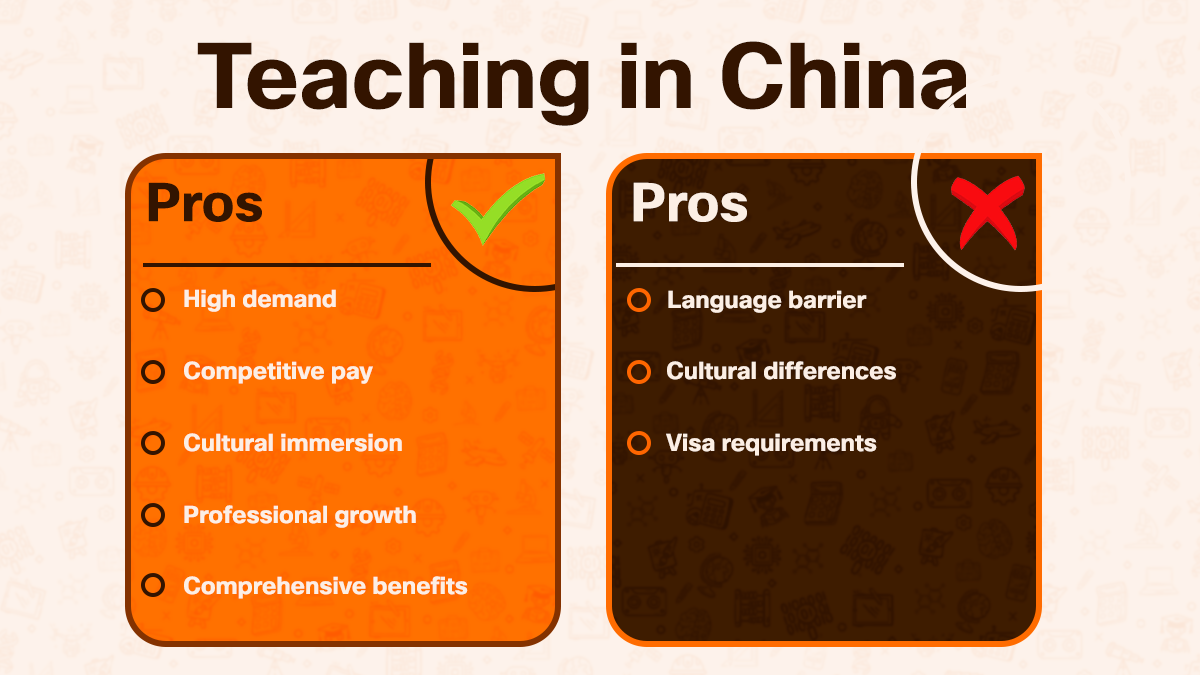
China's schools offer many good reasons to start teaching there. A high demand for teachers, good pay, and great experiences make it a smart choice.
Schools need teachers right now.
China needs qualified teachers in all subjects. English teacher jobs are the most popular. But there is also rapid growth in Math Teacher, Humanities Teacher, and Middle School Biology Teacher roles. Schools want teachers who have TEFL certification and know their subjects well.
This high demand means your job will be secure. You can find work in big cities like Beijing and Shanghai. You can also find jobs in smaller towns. The teacher shortage creates opportunities for both new and experienced teachers.
Pay rates change by school type.
Your salary depends on which type of school you choose. Public schools pay between RMB 8,000 to RMB 20,000 each month. That equals about $1,100 to $2,800 USD per month. Private schools and international schools pay much more. They offer RMB 15,000 to RMB 60,000 monthly. That equals $2,100 to $8,400 USD per month.
Top international schools pay the most money. Schools like BASIS Bilingual School Shenzhen and Beijing Haidian Kaiwen Academy offer the best packages. These schools often include extra money for housing, health insurance, and plane tickets home.
Benefits go beyond your base pay.
Most schools give you more than your monthly salary. They help you get your Z visa and work permit. Many schools give you extra money for housing or provide free places to live. International schools usually include health insurance, money for professional training, and yearly plane tickets home.
Schools that use IB curriculum often pay for extra training. This training helps your résumé when you apply for jobs later. Housing benefits are especially valuable since rent in Chinese cities can be expensive.
Learn about culture while you work.
Teaching in China lets you experience the culture in a deep way. You will learn about local customs, festivals, and traditions. You will also build skills in talking to people from different cultures. These experiences make you a better teacher and give you a global view of education.
Many teachers use their China experience to get better jobs later. Living in China also means learning some Mandarin Chinese. Even basic language skills help you in daily life and make your résumé stronger.
Key Differences Between Public and Private Schools
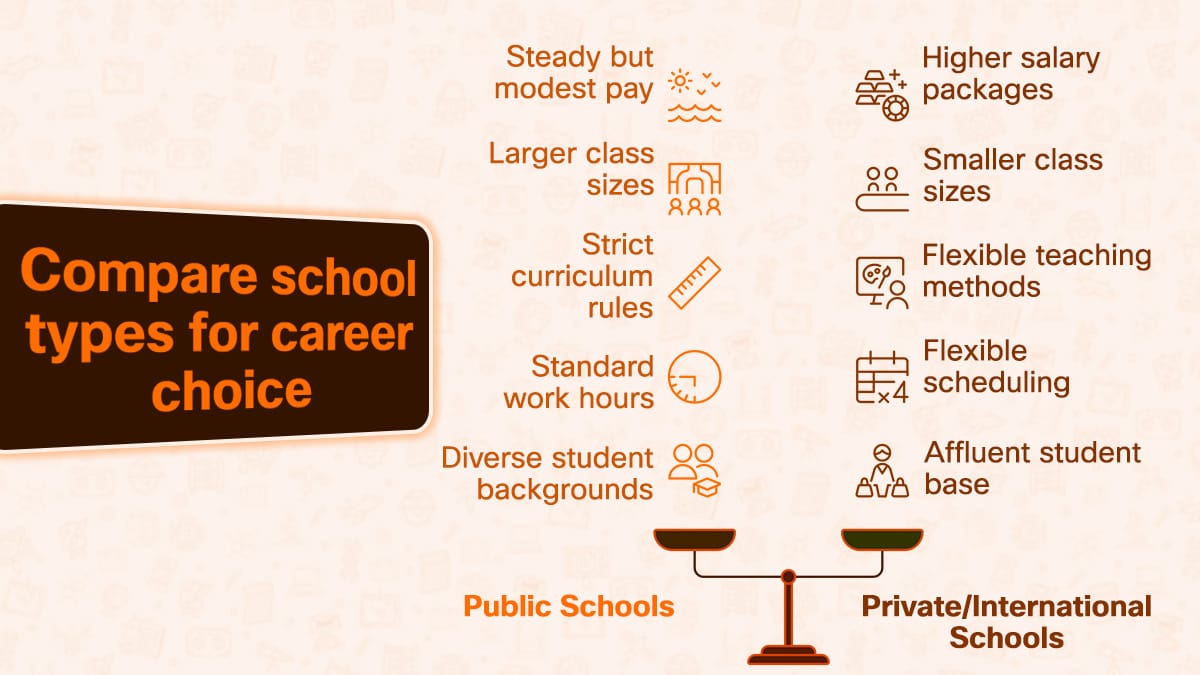
The differences between public and private schools are important to understand. Each type has its own benefits and challenges. These can impact your daily work and career goals.
Money and pay packages are very different.
Public schools offer steady but modest pay. Most jobs pay RMB 8,000 to RMB 20,000 each month. Benefits include basic health insurance and some housing help. Your pay rises follow government rules and are small but predictable.
Private and international schools pay much more money. Salaries range from RMB 15,000 to RMB 60,000 monthly. Top schools like Shanghai High School International Division and Maple Bear Canadian Schools offer complete packages. These include housing money (RMB 3,000-8,000 monthly), health insurance, training funds, and yearly plane tickets home.
International schools often give performance bonuses and completion bonuses when you finish your contract. The difference in total compensation is huge. A public school teacher might receive $30,000 USD per year total. An international school teacher could receive $80,000 USD per year total.
Work settings and class sizes differ.
Public schools have bigger classes with 35-50 students in each class. You must follow strict government curriculum rules. You have little freedom to change your lessons. You also have many administrative duties. These include detailed lesson planning and regular student testing.
Private schools and international schools keep classes smaller. Most have 15-25 students per class. Schools like BASIS Bilingual School Guangming and King's College School focus on interactive learning. You have more freedom to choose how you teach. You also have fewer administrative tasks.
International schools often have better facilities, including modern technology, good libraries, and sports facilities. Smaller classes really help. You can focus more on each child and explore new teaching methods.
Work hours and schedules vary.
Public schools follow standard government schedules from 8:00 AM to 5:00 PM, with longer lunch breaks. You receive generous vacation time, with summer and winter holidays adding up to 10 to 12 weeks each year.
Private schools often have longer daily hours but more flexible scheduling. International schools may need evening events and parent meetings. You might work some weekends. However, you often get extra planning time and professional development days.
Students come from different backgrounds.
Public school students come from many different economic backgrounds. Parents have high expectations for grades but limited involvement in daily school activities. Students are well-behaved but may have limited English exposure outside of class.
International schools serve expatriate families and wealthy local families. Parents play a big role in their children's education. They expect high-quality service from teachers. Students often have global perspectives and strong English skills from home.
Pros and Cons: Which is Right for You?
Each type of school has clear advantages and disadvantages. Your choice depends on what matters most to you.
Public School Good Points
Public schools give you excellent job security with government-backed jobs that provide steady work. You rarely face contract cancellation or sudden job loss. Schools like RDFZ Beijing offer generous vacation time, giving you 10 to 12 weeks off each year.
Standard hours often lead to a better work-life balance. This way, your evenings and weekends are free. Less pressure from parents lets you focus on teaching. The work environment is structured and supportive, with clear guidelines and experienced local teachers providing mentorship.
Public School Challenges
Salaries are much lower than private alternatives. RMB 8,000-20,000 monthly limits your lifestyle choices and savings potential. Large class sizes of 35-50 students make it hard to give individual attention. This also makes classroom management tricky.
Bureaucracy can be frustrating, with many approvals needed for simple changes. Curriculum flexibility is very limited, which restricts creative teaching methods. Career advancement is slow, with promotions following strict government timelines.
Private and International School Benefits
Top schools like Hangzhou Dipont School of Arts and Science and Vanke School Pudong offer much higher salaries. They pay between RMB 25,000 and 60,000 a month. This supports comfortable living and significant savings.
Benefit packages are comprehensive, including housing allowances, health insurance, and flight reimbursements. Smaller class sizes of 15-25 students allow innovative teaching methods and stronger student relationships. Career growth is quick. Many teachers move into leadership roles in just 2-3 years.
Private School Challenges
Job security is lower than that of public schools with contracts that may not be renewed due to budget cuts. Schools like Zhejiang Haicheng Education Technology Company Limited may face financial pressures.
Working hours are often longer, with evening events and parent meetings being common. Families expect a lot since they pay significant fees for outstanding service. Contract terms vary widely between schools, so you must research carefully.
Making Your Choice
Choose public schools if you value stability, work-life balance, and cultural immersion over high earnings. They work well for teachers who want a steady income with generous vacation time and deep cultural learning.
Pick private or international schools if higher salaries, career growth, and modern facilities matter most. Schools like Julia Gabriel Center and Lakeshore Preschool Chongqing offer excellent earning potential but require more flexibility.
Consider your experience level. New teachers may benefit from public school structure and mentorship. Experienced teachers often do better in private school environments with greater freedom. Think about your financial needs and long-term career goals when making your decision.
Conclusion
Teaching in China can be a great step for your career. Public schools offer stability, while private ones bring excitement and growth. They help you weigh options based on your life and goals.
Public schools give steady jobs and long breaks, but classes might be big and pay lower. Private spots, like BASIS Bilingual School Shenzhen, pay more and let you dive into cultures, yet hours can be longer with less security. Which path calls to you? Ask yourself if you want a routine or fresh challenges.
Schools such as Beijing Haidian Kaiwen Academy shine with innovative programs, but remember the trade-offs in workload. Everyone's choice differs, so think about what fits best for your future.
Thinking about teaching in China? Book a free consultation with Alifa today and find out whether a public or private school role is the right choice for your career, lifestyle, and pay expectations.
Related Articles

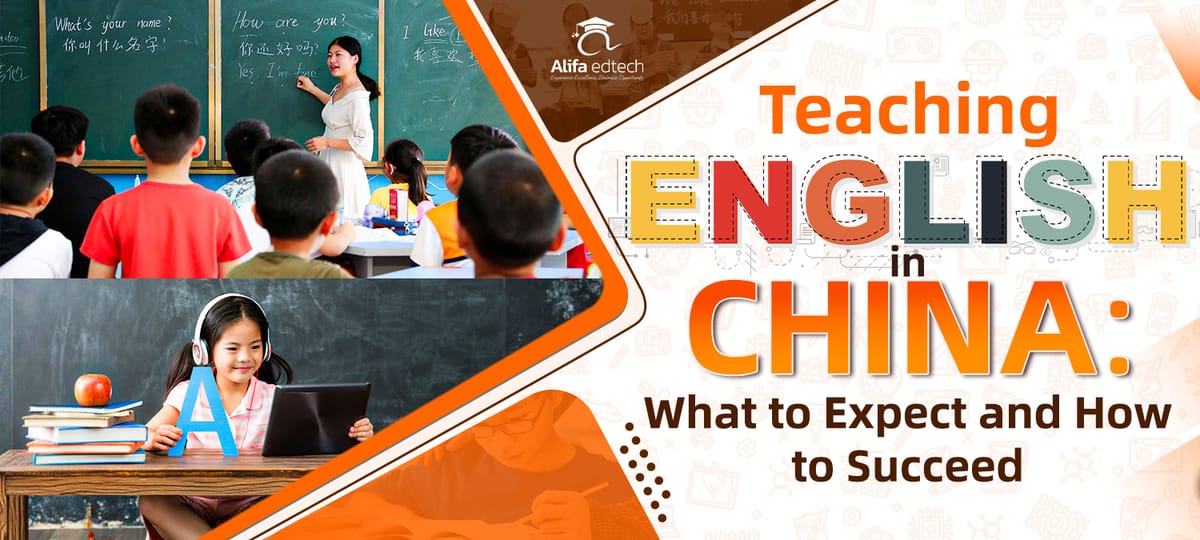
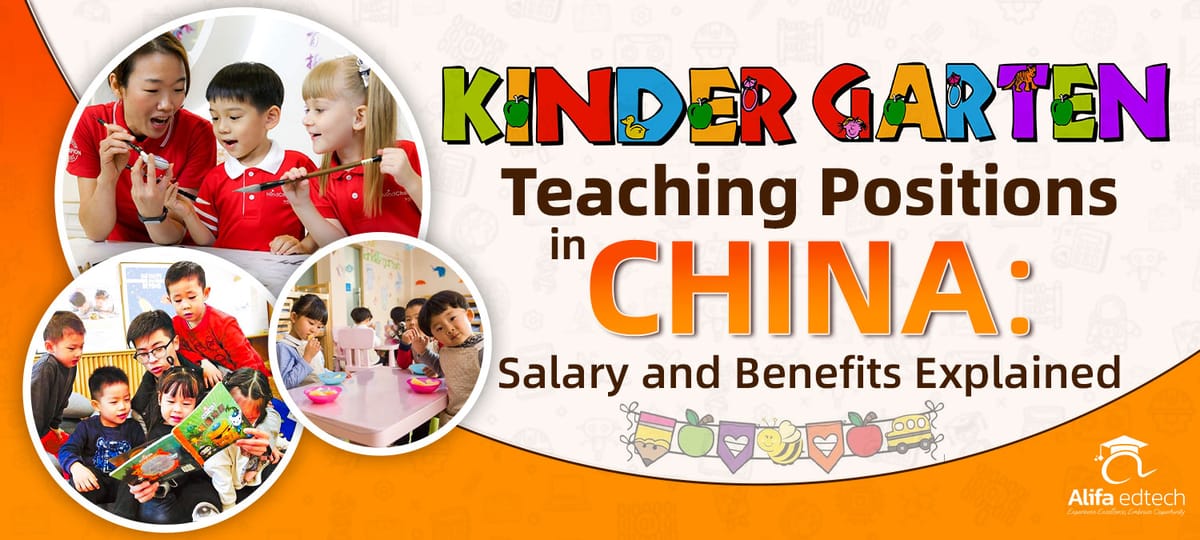
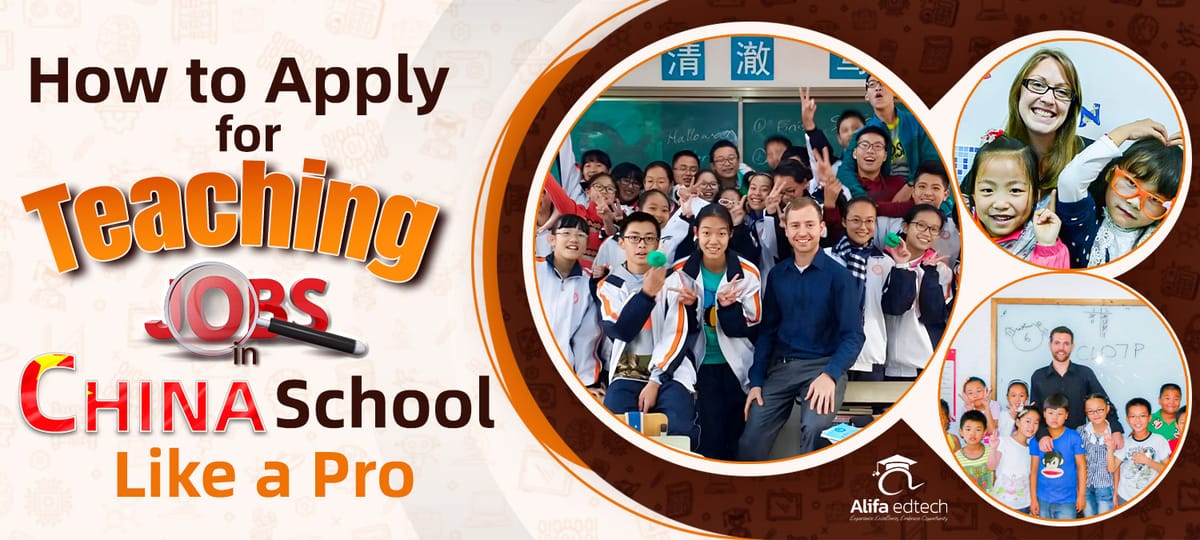

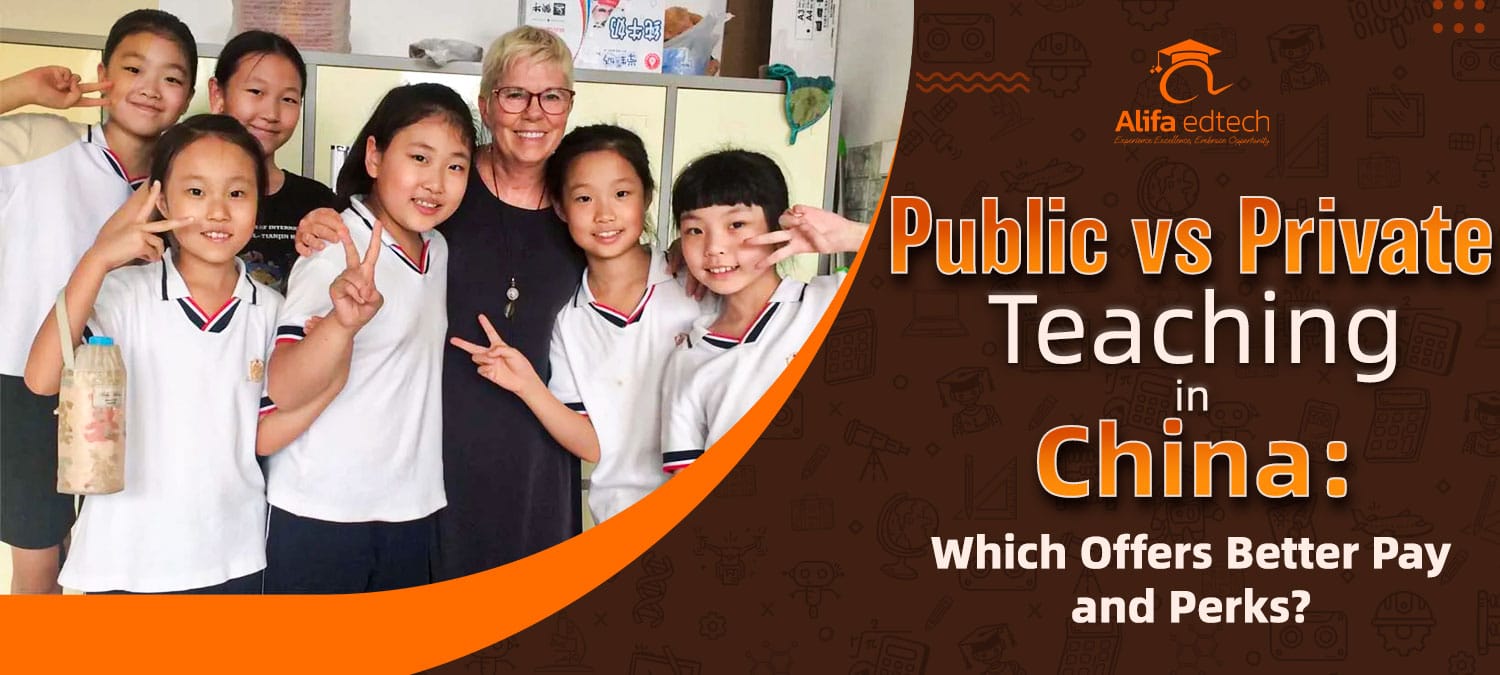

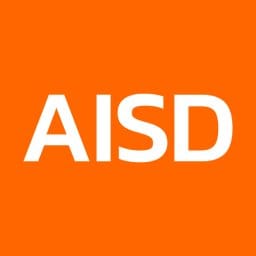
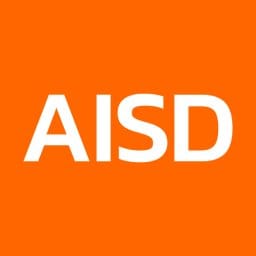
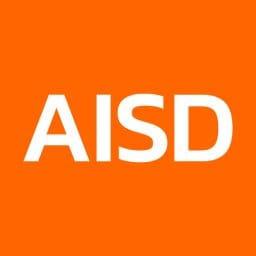
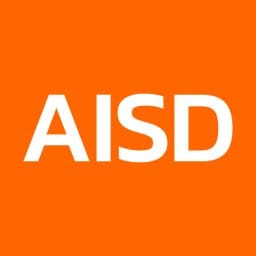




Member comments